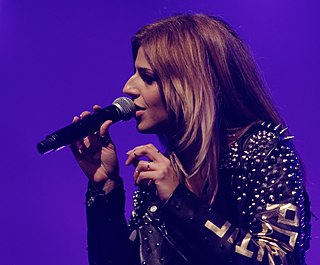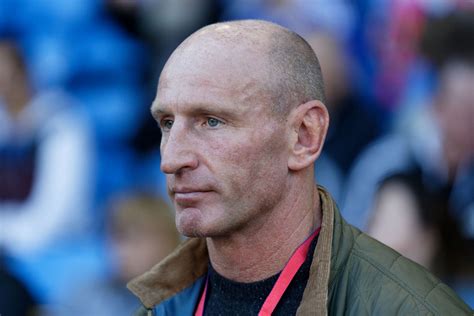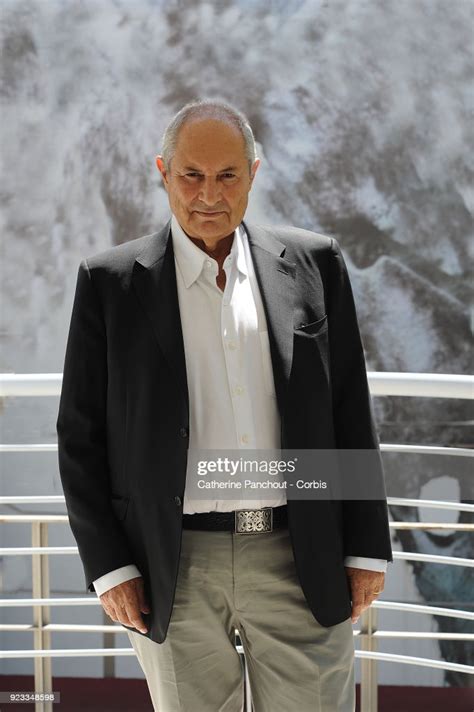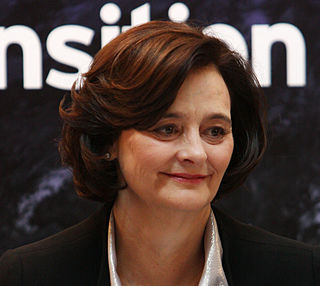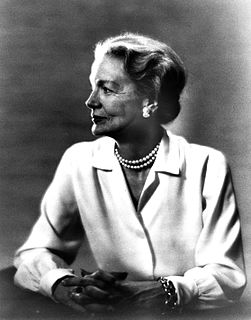A Quote by Demi Lovato
I learned the power of storytelling and the responsibility that people with influence have to speak out
Quote Topics
Related Quotes
Let no one ever shy away from the claim that Jews have power, that Jews have influence. We have learned the terrible lesson of history; that unless we have influence and power, disproportionate to our small numbers - immoral results will occur. We need power. And we must continue to use our power. Power which we earned, power which no one gave us on a silver platter, power which we worked hard for - use that power in the interests of justice.
I think public intellectuals have a responsibility - to be self-critical on the one hand, to do serious, nuanced work rigorously executed; but to also be able to get off those perches and out of those ivory towers and speak to the real people who make decisions; to speak truth to power and the powerless with lucidity and eloquence.
Great American power and responsibility are not unprecedented, and have been used with restraint and great benefit in the past. We have not assumed that super strength guarantees super wisdom, and we have consistently reached out to the international community to ensure that our own power and influence are tempered by the best common judgment.
I think that Eleanor Roosevelt really learned about the limits of power and influence from Arthurdale. She could not make some things happen. And she particularly learned that she could not, just because she was nominally in charge, she could not change people's hearts and minds; that a very long process of education would result before race was on the national agenda. And it really did move her into the racial justice arena with both feet. She came out fighting.


